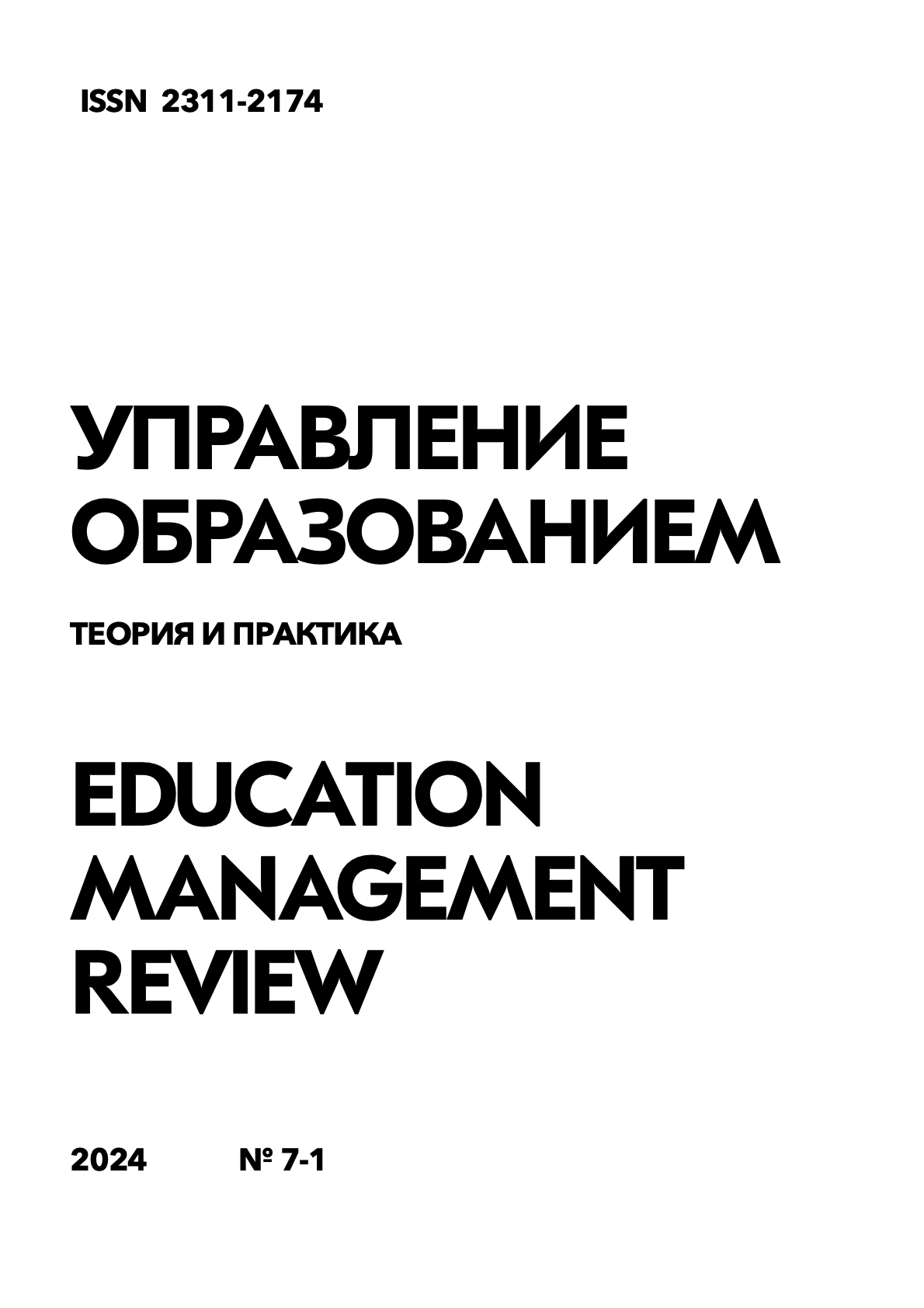The role of innovative teaching methods in the formation of critical thinking among students of higher educational institutions
Keywords:
innovative teaching methods, critical thinking, higher education, educational technologies, pedagogical experiment, case method, TRIZ.Abstract
The relevance of innovative teaching methods in the formation of critical thinking among university students is due to the need to train specialists who are able to effectively solve non-standard tasks in a dynamically changing world. Despite a significant number of studies on this issue, many issues remain controversial. The purpose of the work is to identify the role of innovative pedagogical technologies in the development of students' critical thinking. Tasks: 1) to analyze the current state of the problem in the scientific literature; 2) to substantiate the advantages of innovative methods; 3) experimentally prove their effectiveness. Methods. A set of complementary methods was used: theoretical analysis of literature, modeling of the educational process, pedagogical experiment, testing, statistical data processing. The experimental work was carried out on a representative sample of students (n=120). The validity and reliability of the results are provided methodologically, using valid tools, and the adequacy of methods to goals and objectives. It is established that: 1) innovative methods are significantly more effective than traditional ones in the development of critical thinking (p<0.01); 2) the greatest effect is achieved with the systematic application of the case method, TRIZ, methods of developing creative thinking; 3) the effectiveness of innovative technologies is mediated by the professionalism of the teacher and the motivation of students. Discussion. The results obtained contribute to the development of the theory and methodology of vocational education. The priority role of innovative methods in the formation of the key competence of future specialists - critical thinking is proved. The practical significance lies in the possibility of using a proven set of methods in the educational practice of universities. The prospects of the study are related to the study of individual psychological factors of the effectiveness of innovative technologies.
References
Cline А. What is open mindedness in critical thinking? // Learn Religions. 2018.
Halvorsen А. Incorporating Critical Thinking Skills Development into ESL/EFL Courses / Halvorsen Andy // The Internet TESL journal. 2005. Vol. XI. № 3.
Sanderson, C. Using debates to develop and assess critical reasoning abilities / C. Sanderson // Assessment, teaching & learning journal (Leeds Met). 2007. № 2. С. 23-25.
Волков Е.Н. Научение научному (критическому) мышлению и визуальная объективизация знаний: содержание, практика, инструменты. Вестник Нижегородского университета им. Н.И. Лобачевского. Серия: Социальные науки. 2016. № 2(42). pp. 199-203.
Воробьева Е.П. Профессиональное образование в современной системе образования РФ: проблемы и перспективы. // Информационные технологии в образовании и науке. 2021. № 5. С. 33-38.
Вранчан Е.В. Курс «Логика и критическое мышление» как инструмент формирования гибких навыков (soft skills) у студентов вуза // Проблемы современного образования. 2023. № 1. С. 31-41.
Гасанова Д.И. Рефлексивные технологии преподавания дисциплин психолого-педагогического цикла // Известия ДГПУ. «Психолого-педагогические науки». Т. 4. Махачкала: ДГПУ, 2017.
Елина М.Г., Шамрай Б.И. Состояние правового образования в России: анализ и проблемы. // Вестник Южного федерального университета. Сер.: Юриспруденция. 2022. Т. 17. № 3. С. 442-450.
Ильин А.И. Современные тенденции и актуальные проблемы преподавания права в общем и профессиональном образовании. // Научно-методический электронный журнал «Концепт». 2020. Т. 15. № 1. С. 37-43.
Камшайкина Г.В. Проблемы и перспективы преподавания правовых дисциплин в России. // Проблемы правового образования. 2022. № 4. С. 27-30.
Кашапов М.М., Пошехонова Ю.В., Кашапов А.С. Инновационные образовательные технологии: учебн. Ярославский государственный университет им. П.Г. Демидова. Ярославль, 2021.
Лебедев И.В. Анализ проблемы преподавания права в контексте современных требований образования // Известия вузов. Правоведение. 2016. Т. 3. С. 33-39
Мусина-Мазнова Г.Х., Сколота З.Н. Технология развития критического мышления в формировании профессиональных компетенций студентов // Интернет-журнал «Мир науки». 2018. № 6.
Расходова И.А. Критическое мышление как необходимое условие развития современной личности студента // Андреевские чтения: современные концепции и технологии творческого саморазвития личности: мат. Всерос. науч.-прак. конф. с междунар. уч. Казань, 2019. С. 206-210.
Туйчиева О.С. Методика преподавания латинского языка в медицинских высших учебных заведениях // Молодой ученый. 2021. № 1(343). С. 66-67.
Туласынова, Н.Ю. Развитие критического мышления студентов в процессе обучения иностранному языку: автореф. дис. ... канд. пед. Наук: 13.00.01. Туласынова Надежда Юрьевна. Якутск, 2010. 22 с.
Хабарова Т.С., Садова В.А. Технология развития критического мышления в формировании информационно-познавательной самостоятельности студентов вуза // Современные проблемы науки и образования. 2020. № 1.
Downloads
Published
How to Cite
Issue
Section
License

This work is licensed under a Creative Commons Attribution-NonCommercial-NoDerivatives 4.0 International License.




